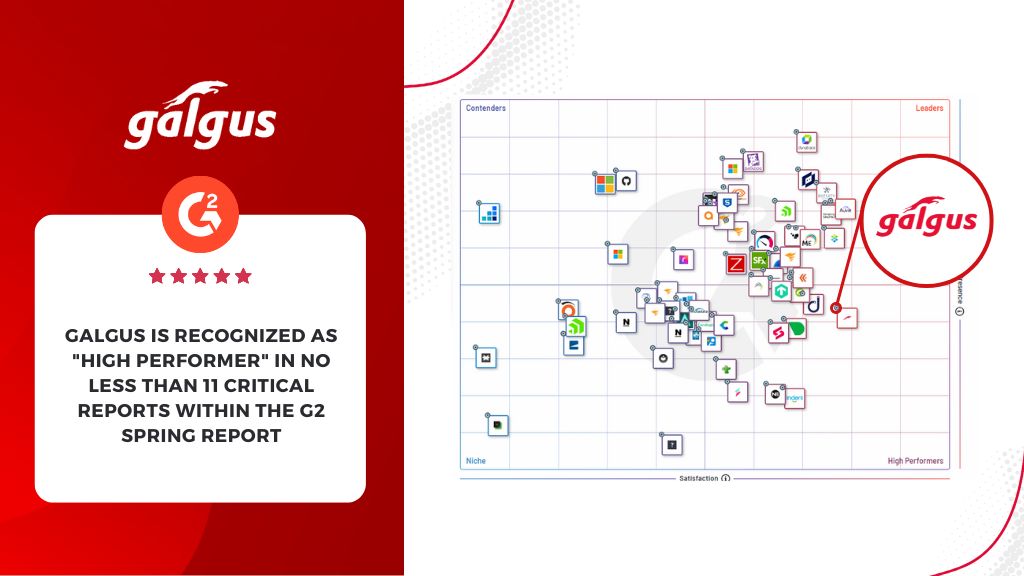In professional environments, there is increasing talk of opting for connectivity through what are known as NaaS or Network as a Service services. More than a fad, this modality offers a set of advantages that make it very attractive for certain scenarios. Let’s talk about what this type of service consists of and the reasons why it has become a trend.
What is Network as a Service or Naas?
NaaS is the term used to define a cloud service model whereby customers of internet providers can have their own networks without having to install and maintain the infrastructure they require.
NaaS models include hardware, software, licensing and support services integrated in a flexible or subscription-based offering. The management of customer-generated networks only involves the use of software provided by the service provider.
Some experts have identified 3 degrees of NaaS implementation, which are:
- Subscription hardware: Customers pay a monthly subscription for network hardware, but you still have to install and manage it.
- Subscription-based hardware plus a managed service to operate it.
- True NaaS: the supplier owns, instals and operates all the equipment, while the customer pays for a turnkey service.
NaaS is a valuable alternative to virtual private networks (VPNs), multiprotocol label switching (MPLS) connections or other legacy network configurations. It can also replace local network hardware such as firewalls and load balancers.
Why did NaaS emerge and what needs does it meet?

Network as a Service emerged as a response to the growth of Cloud Computing and SaaS (Software as a Service) solutions in the cloud. Prior to that time, many companies, for security reasons, set up their own private networks to protect their data from an internet they did not consider secure.
In companies with multiple sites, they had to shape their wide area networks or WANs that interconnected the private networks of each site, creating something that could be defined as a “private Internet”.
The problem arose when a worker had to connect to the internet, which was becoming increasingly common with the adoption of cloud solutions. In these cases, data traffic had to pass from the internal network to the outside via a VPN, which caused a considerable bottleneck. Something they no longer have to worry about thanks to NaaS.
Advantages of choosing Network as a Service or NaaS
Beyond avoiding “bottlenecks” in the flow of information packets, having a NaaS service provides its users with a set of benefits that we will now summarise:
- Scalability: To increase network services, there is no need to invest in new devices. You simply increase the subscription offered by the provider, as with other paid cloud solutions.
- Flexibility and customisation: modifications to the network configuration can be made easily using the software provided. It can also be done from anywhere, at any time and with any device.
- Cybersecurity: the same NaaS provider offers network information protection services.
- Savings in network infrastructure acquisition and maintenance costs.
- Constant monitoring of the network.
What resources should NaaS integrators have?
Network integrators play a key role in this whole process. They are responsible for deploying the network devices that the vendor will offer and manage for its customers.
That is why integrators must have advanced hardware and software that allows the supplier to provide a service that is up to the task, as is the case of the one we have at Galgus.
Based on the Software-Defined WiFi philosophy, we developed our CHT (Cognitive Hotspot Technology) software, which turns wireless access points into intelligent devices capable of measuring the main network parameters, exchanging information between them so that, together, they can automatically make the best decisions for network performance.
In addition, with our Cloud Manager solution, all network assets can be managed in the cloud, with complete geographical and temporal independence.
With all this, added to other functionalities that can add even more value, Galgus is an option to be taken into account for companies that integrate networks that are going to be offered as NaaS. If we have aroused your interest and you would like to know more about it, it will always be a pleasure to help you, contact us now!









